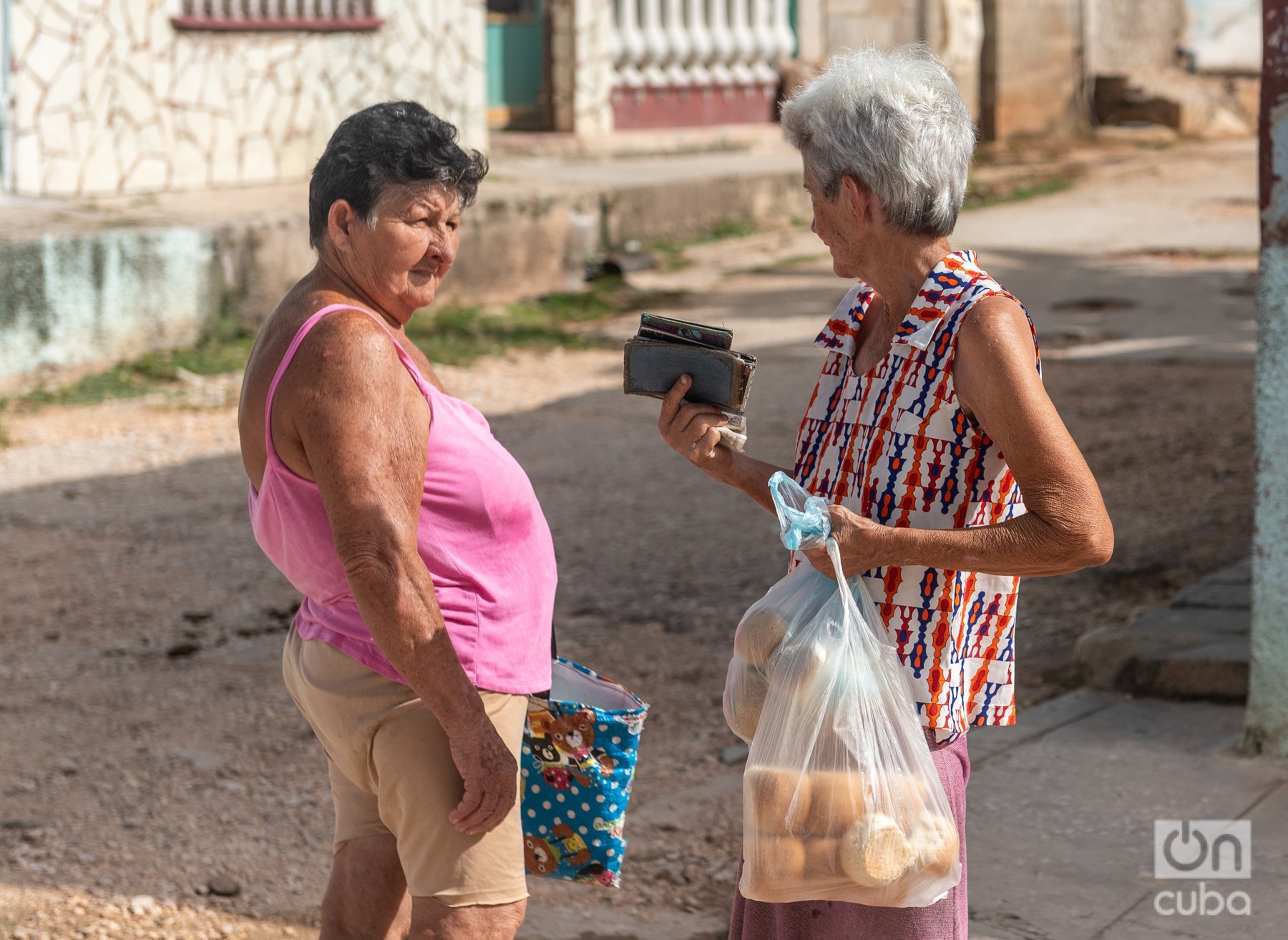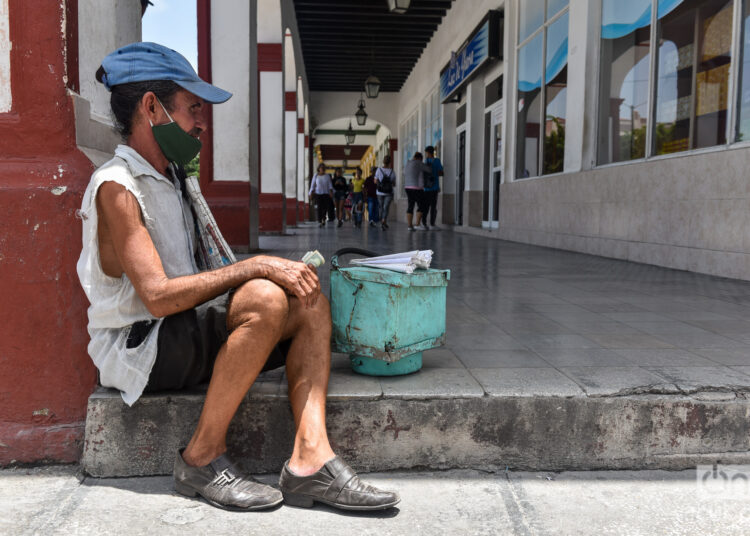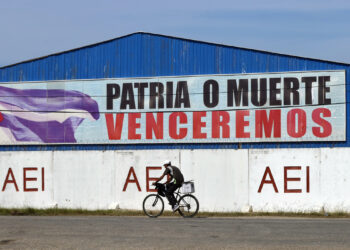More than 189,000 families and 350,000 people today receive the assistance that the Cuban government implements for those who live in what it calls “vulnerable situations” and whose objective is to guarantee them “subsistence, quality of life and well-being.”
In this way, according to Cubadebate, 334,061 people are receiving temporary help through social assistance, while another 33,332 are social security pensioners. For this group, the government approved aid with which it assumes “the cost of the basic regulated food basket, additional rice and toiletry products.”
https://twitter.com/InesMChapman/status/1765467981419557028?ref_src=twsrc%5Etfw%7Ctwcamp%5Etweetembed%7Ctwterm%5E1765467981419557028%7Ctwgr%5E8a67e3bb4ec23fcbaba53e199d7d8b27a5d165fe%7Ctwcon%5Es1_&ref_url=https%3A%2F%2Foncubanews.1eye.us%2Fcuba%2Fcuba-mas-de-350-mil-personas-con-ayudas-estatales-por-vivir-situaciones-de-vulnerabilidad%2F
In addition, 162,102 families would have been assisted with the delivery of food donations and another 17,088 would have received cooking modules, including “multipurpose pots, refrigerator gaskets for the conservation and freezing of food.”
Programs with various purposes
According to a report published this Thursday, state programs “encompass a wide range of services and supports aimed at providing care and protection to those who need it most.”
Among them, it mentions the so-called “Home Social Assistant,” which has 11,638 facilitators and benefits 13,504 people.
“This program provides direct support in homes, ensuring that basic needs are adequately met,” the report noted.
Another program is focused on “protection for mothers of children with severe disabilities,” whose benefits reach 3,769 women who receive “specialized support and resources.”
The government also includes another line of “economic support,” which assists with “the payment of transportation services to receive specialized medical care outside the territory of residence,” and for this concept “71 people have benefited in the last month.”
Along the same lines, 206 family units benefit from “the payment of electricity consumption for patients with chronic diseases.”

At the community level, according to the report, they implement services in places such as Grandparents’ Homes (301), Nursing Homes (158), Family Food Service (1,445), Maternity Homes (146), Homes for children without family protection (54) and Social Protection Centers for people with wandering behavior (9).
“Subsidize people, not products”
When announcing the government’s economic shock plan for 2024, Prime Minister Manuel Marrero said before the National Assembly last December that it would be necessary to “subsidize people and not products.”
The quote referred to the expenses of the basic food basket and was based on the official recognition of the increase in social and economic inequalities.
“It is not fair that those who have a lot receive the same as those who have very little. Today we subsidize the same amount to an elderly pensioner as to the owner of large private businesses who has a lot of money,” Marrero argued.
Severe crisis accentuated since the pandemic
For a large part of society, life has become very difficult because Cuba is going through a serious economic crisis, increasingly accentuated and evident in the shortage of elementary products, the partial dollarization of the economy, the depreciation of the peso, prolonged and frequent blackouts and a sharp increase in prices.
Rampant inflation, which according to the ONEI closed 2023 with a year-on-year figure of 31.34%, is among the biggest concerns of the population and the government, which so far has not found a formula to reverse it.
Therefore, despite the existence of these programs, “significant challenges persist in addressing the manifestations of poverty and inequality,” for which “a comprehensive and coordinated approach is required that promotes sustainable development, the generation of economic opportunities and the improvement of basic services,” the report said.










